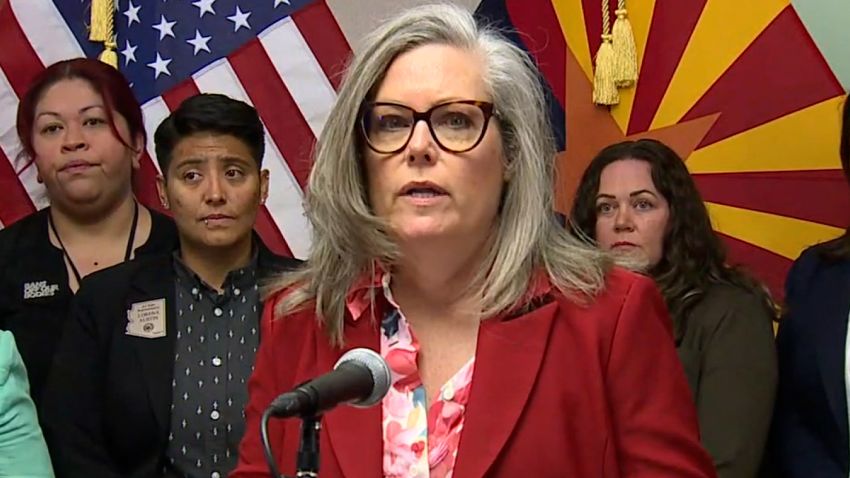Arizona Supreme Court’s Ruling on Abortion Law A Historic and Contentious Decision
The recent ruling by the Arizona Supreme Court to uphold a century-old law banning nearly all abortions has sent shockwaves across the state and the nation. With the decision, Arizona finds itself at the center of the ongoing debate surrounding reproductive rights, as advocates and opponents grapple with the implications of enforcing a law dating back to the Civil War era. In this article, we will delve into the details of the court’s decision, examine the historical context of the law, and explore the reactions from various stakeholders.
The Arizona Supreme Court’s Decision: In a 4-2 ruling, the Arizona Supreme Court upheld a law dating back to 1864, which prohibits nearly all abortions except in cases where the pregnant person’s life is at risk. The law, codified in 1901, carries severe penalties for abortion providers, including prison sentences of two to five years. This decision places Arizona among the states with the strictest abortion laws in the country, alongside Texas, Alabama, and Mississippi.
The ruling comes amidst a resurgence of efforts to restrict abortion access nationwide, fueled by the U.S. Supreme Court’s decision to overturn Roe v. Wade in June 2022. With the federal constitutional right to abortion no longer guaranteed, states have moved swiftly to enact or enforce restrictive laws, leading to a wave of legal challenges and political backlash.
Implications of the Ruling: The Arizona Supreme Court’s decision has far-reaching implications for reproductive rights and healthcare in the state. Providers now face the prospect of criminal prosecution for performing abortions after 15 weeks of pregnancy, except in cases of medical necessity. This restriction poses significant challenges for patients seeking abortion care, especially in cases of rape, incest, or fetal abnormalities.
Abortion rights activists have condemned the ruling, arguing that it endangers the health and safety of pregnant individuals and undermines their constitutional rights. They warn that restrictive policies on abortion access disproportionately impact marginalized communities and exacerbate existing disparities in healthcare access and outcomes.
Legal Challenges and Responses: Following the court’s decision, Arizona Attorney General Kris Mayes vowed not to prosecute women or doctors under the draconian law, signaling potential resistance to its enforcement. Mayes emphasized the need to explore other legal avenues to challenge the law’s constitutionality and protect reproductive rights in the state.
Meanwhile, Democratic Governor Katie Hobbs and President Joe Biden have expressed strong opposition to the ruling, emphasizing the importance of safeguarding reproductive freedoms and ensuring access to comprehensive healthcare services for all individuals. Their statements reflect broader concerns about the erosion of reproductive rights and the need for legislative action to protect abortion access.
The Arizona Supreme Court’s decision marks a pivotal moment in the ongoing battle over abortion rights in the United States. As states grapple with evolving legal frameworks and shifting political landscapes, the fight for reproductive justice continues to unfold. Advocates and opponents alike are mobilizing to shape the future of abortion policy, with the outcome likely to have profound implications for generations to come.
The Arizona Supreme Court’s ruling on the state’s century-old abortion law represents a significant setback for reproductive rights and healthcare in Arizona. As the legal and political fallout unfolds, stakeholders must remain vigilant in defending the fundamental rights of pregnant individuals and upholding principles of bodily autonomy and healthcare equity. Ultimately, the fight for reproductive justice is far from over, and the outcome will shape the landscape of abortion access for years to come.


